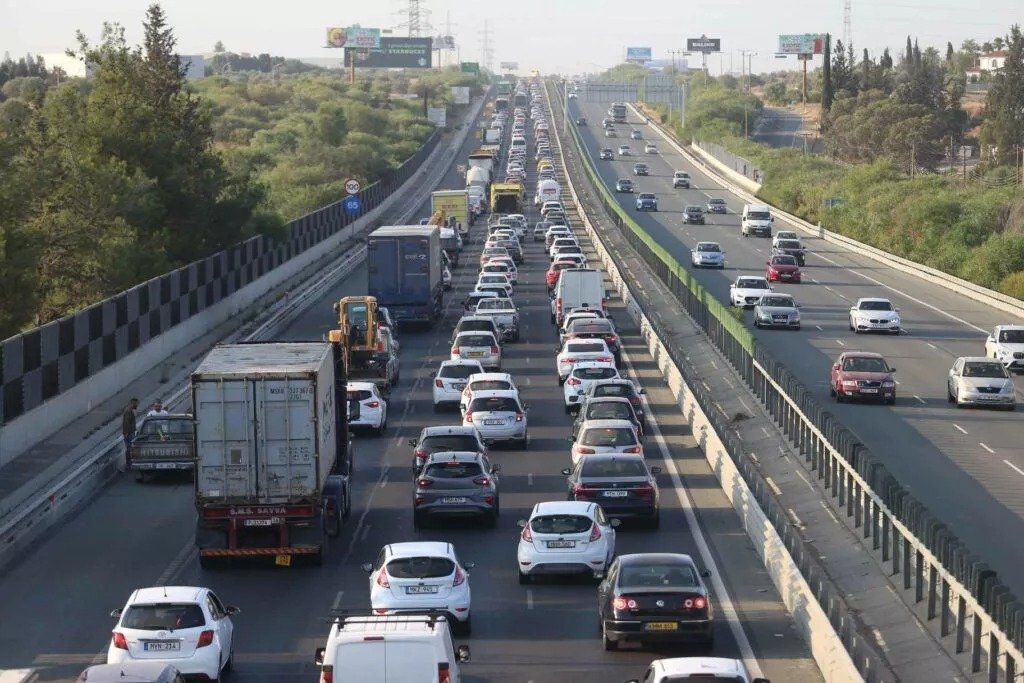Cyprus recorded an alarming increase of 52.4 per cent in greenhouse gas emissions between 1999 and 2023, while the rest of the EU recorded notable decreases, newly released Eurostat data shows.
And Green Party MP Charalambos Theopemptou doubted there was any current reason to see this change.
“I am not hopeful the situation will improve in the future,” he told the Cyprus Mail on Tuesday
Since 1999, EU states have made steps to reduce emissions. Two years later, a law made it legally binding for the EU to achieve climate neutrality by 2050.
It sees greenhouse gas emissions being cut by 55 per cent by 2030 compared to 1990 levels.
With countries like Estonia, Lithuania and Bulgaria recording an emissions decrease of more than 60 per cent, Cyprus’ indications are considerably below expectations.
According to Theopemptou, the island’s 52.4 per cent increase are the energy sector, the industrial sector, the transport sector and building emissions.
“The EU has made multiple calls to Cyprus to reduce greenhouse gas emissions,” Theopemptou said, “however it’s difficult to do so.”
This is because of practically non-existent public transport, the island holding among the lowest shares of renewable energy in the EU (74 per cent of electricity generation comes primarily from oil), he said.
Efforts are underway to green the balance, Theopemptou added.
Public transport has been promoted by improving bus services, laying out more bicycle lanes.
At the same time, national plans for energy storage are being introduced, and funding requests made to climate protection organisations.
The National Strategic Plan for Energy and Climate 2021-2030 strives to explore ways to introduce smart grids on the national network and is on the lookout for projects that could facilitate energy storage, the MP said.
But, spending to tackle the risks of climate crisis in Cyprus are far below what is necessary, the fiscal council said on Monday.
It said the island lacks “developing infrastructure, policies, and other tools to mitigate the impacts of climate change.”
“There have been multiple attempts to salvage the situations but to no avail. We still have not seen any changes, and we are unfortunately not optimistic,” Theopemptou concluded.







Click here to change your cookie preferences